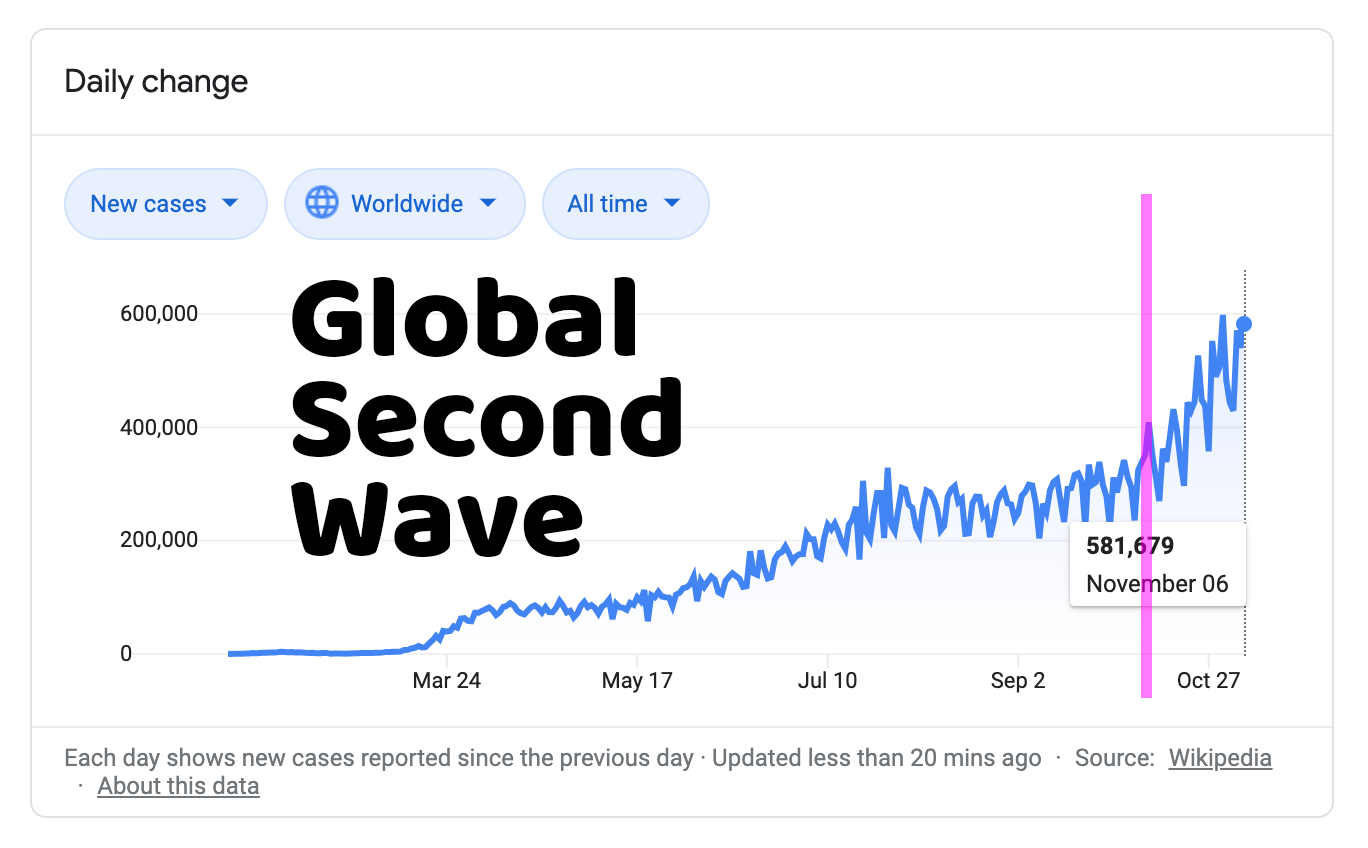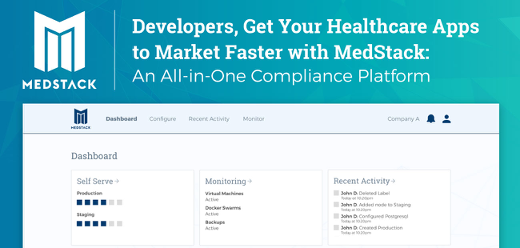
The world is feeling the substantial effects of the coronavirus with plummeting markets, mandated travel bans, massive conference cancellations, school closures, and event restrictions. Immunocompromised and high-risk patients are being advised to stay at home, companies are enforcing remote working policies, and others are being monitored under strict quarantine policies.
In the wake of COVID-19 isolation becoming a norm, and reframing life around recent restrictions can be overwhelming. Mental health is being compromised with social distancing triggering loneliness, anxiety and depression. The Founder Institute has outlined the best practices to help you navigate isolation during this unprecedented event in history.
Isolation vs Quarantine?
According to the CDC Isolation occurs when a person is known or believed to be infected with a disease that is potentially transmittable, while a quarantine occurs when a person is believed to have been exposed to a disease but is not symptomatic.
5 Tips on Navigating Isolation and Fighting Loneliness:
1. Stay connected online - Use social media in a positive way to stay in touch with friends, family and colleagues - this can minimize the feeling of complete isolation.
2. Remind yourself that this situation is unprecedented - Millions of people are experiencing the exact same emotions, you are not alone in this - there is a community around you.
3. Perform mental health check-ins - People who have compromising chronic conditions are more vulnerable to mental health problems, and it is important to be extra sensitive to your emotional states during these times of increased instability.
One way to monitor your feelings: Take a few deep cleansing breaths and allow yourself to be present in your body. Acknowledge that this is an anxious time and let those feelings wash through you. Be gentle with yourself. Then check in to see whether that practice is helping to ease your feelings or whether it makes them worse, she explains. If you’re still jittery or sad, then you know you’re not in a healthy place.
4. Create a Rhythm - Maintaining routine is a crucial element to feeling at peace. Wake-up, eat breakfast, work, exercise, and get proper rest.
5. Be Vigilant of Signs - If you or someone you know is exhibiting any of the below depression symptoms over a longer period of time, tell your healthcare provider, or contact a mental health professional right away.
Here is a list of possible symptoms:
- Trouble concentrating, remembering details, and making decisions
- Fatigue
- Feelings of guilt, worthlessness, and helplessness
- Pessimism and hopelessness
- Insomnia, early-morning wakefulness, or sleeping too much
- Irritability
- Restlessness
- Loss of interest in things once pleasurable, including sex
- Overeating, or appetite loss
- Aches, pains, headaches, or cramps that won't go away
- Digestive problems that don't get better, even with treatment
- Persistent sad, anxious, or "empty" feelings
- Suicidal thoughts or attempts
The Founder Institute is a strong proponent of mental wellbeing and in the midst of the COVID-19 outbreak we believe it is more crucial than ever to provide support. Therefore, we have created a health hub to collect resources and tools to alleviate mental health related problems during these trying times. Please visit the Founder Institute Mental Health Hub for more information.
If you’re an entrepreneur building a social impact company to address a global challenge, join us and apply to the Founder Institute today.
Founder Institute portfolio companies are creating positive social and environmental impact around the world, using structured processes to define impact KPIs that scale sustainably with their business. Read the most recent featured reports on our impact companies at FI.co/good, or learn about the Founder Institute's own global impact at FI.co/impact.



